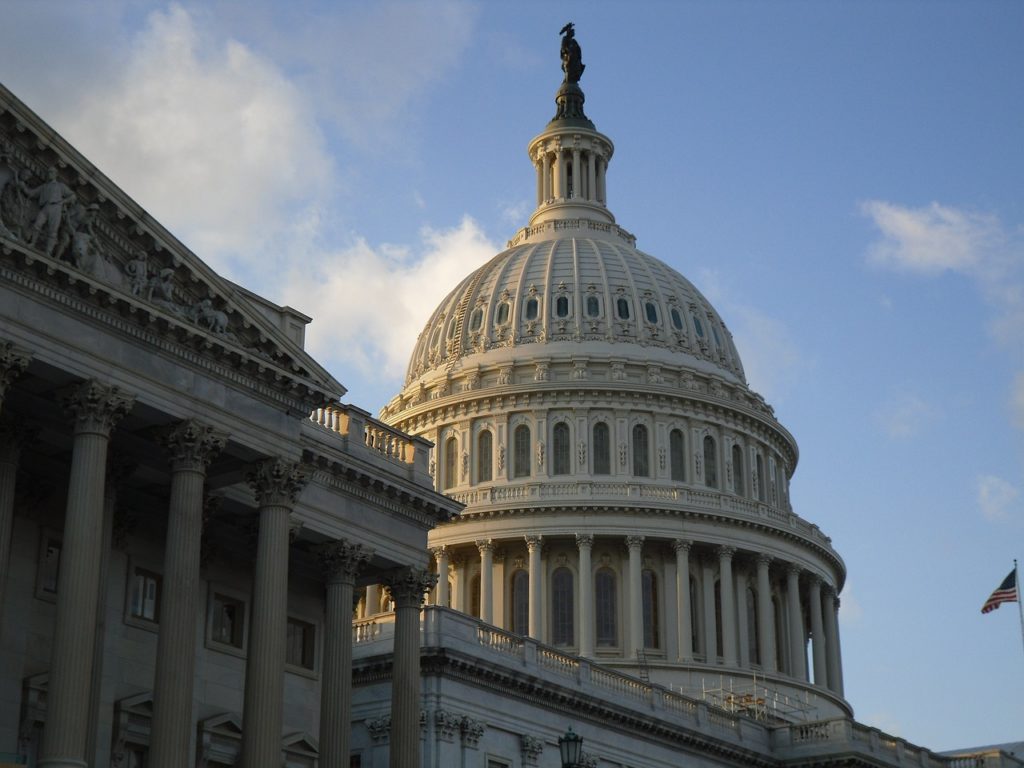A consortium of 336 health care providers and industry organizations have written to U.S. congressional leaders to extend the temporary regulatory flexibilities allowing for more extensive use of telehealth during the COVID-19 public health emergency.
The groups, including the National Hospice & Palliative Care Organization and the American Academy of Hospice and Palliative Medicine, ultimately seek to make those temporary provisions permanent.
Greater access to telehealth has been essential to health care providers, patients and families during the pandemic, helping to reduce person-to-person contact to avoid spreading the virus. For many providers, telehealth has become an integral part of their clinical operations during the past two years.
The temporary measures are set to expire with the end of the public health emergency, which the federal government must renew every 90 days.
The signatories to the letter have called for an extension of the waivers through Dec. 31, 2024, as well as legislation to make them permanent for implementation that same year.
“Many of the telehealth flexibilities that have helped dramatically improve patient access to care are temporary and limited to the duration of the COVID-19 [public health emergency] – and impact both public health programs and private health coverage … ,” the groups wrote in the letter. “As it stands today, providers must weigh the costs of investing in the technological and clinical infrastructure required to maintain telehealth programs at scale against the possibility that Congress may ultimately decide not to support permanently expanded telehealth coverage.”
To inform the legislative process they are seeking, the groups have requested that Congress require the U.S. Department of Health & Human Services (HHS) to complete evaluations of the waivers by autumn 2023 and provide legislators with relevant data and recommendations. Prior to the pandemic, available data were reportedly too limited to enable further federal action. Now, the signatories contend, that is no longer the case.
The U.S. Centers for Medicare & Medicaid Services (CMS) in 2020 extended a number of flexibilities for telehealth on a temporary basis during the COVID-19 national emergency to reduce the likelihood that patients, families or clinicians could spread the virus. Later, President Trump issued an executive order instructing HHS to review these waivers to determine which could be made permanent. These moves by CMS, coupled with the need to maintain social distancing, have caused demand for telehealth to skyrocket throughout the pandemic.
During periods of national disaster, HHS has the authority to waive regulatory requirements under section 1135 of the Social Security Act, allowing CMS to issue waivers relaxing conditions of participation (CoPs) for hospices and health care providers.
During the pandemic, hospices have been able to provide interdisciplinary services via telemedicine or audio as long as the patient is receiving routine home care level of care and those telemedicine services which are audio-only services are capable of meeting the patient and caregiver needs.
The $2.2 trillion CARES Act, designed to help the economy and essential industries weather the impact of the pandemic, also contained provisions related to hospice telehealth, including permitting practitioners to recertify patients via telemedicine appointments rather than face-to-face encounters.
In May 2021, a bipartisan group of senators reintroduced the Creating Opportunities Now for Necessary and Effective Care Technologies (CONNECT) for Health Act of 2021. If enacted the bill would expand Medicare coverage of telehealth service and make permanent flexibilities for virtual services implemented on a temporary basis during the COVID-19 pandemic. To date, the bill has not moved forward.
“Congress has the opportunity to bring the U.S. health care system into the 21st century and the responsibility to ensure that innovative delivery models implemented to fight COVID-19 are used to effectively modernize U.S. health care delivery,” the letter said. “Telehealth has huge potential to expand access to high-quality virtual care for all Americans.”
Companies featured in this article:
American Academy of Hospice and Palliative Medicine, National Hospice and Palliative Care Organization



